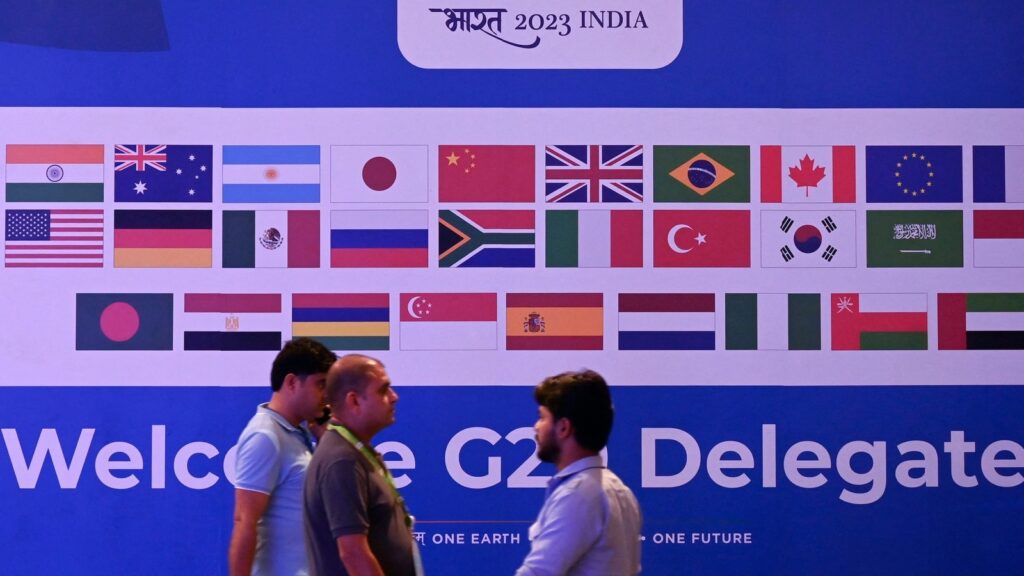Four things stand out about India’s G20 presidency, the crowning moment of which is undoubtedly the Delhi Declaration, announced on Day 1 of the leaders’ summit.
One, with 200 events across 60 Indian cities, the past nine-and-a-half months have truly taken G20 to the people – to the extent that a rarefied summit, often dealing in areas that appear abstract to the common man, can be. In addition, it exposed the world to parts of India they may otherwise not have visited. This may well become the template for future G20 presidencies — especially those that believe there are substantive domestic gains, electoral and otherwise, to be made. Two, with the benefit of hindsight, India was patient and played the long game. As ministerial after ministerial went by without statements, questions began to be asked about whether the G20 Summit would end inconclusively. Meanwhile, as India began to pack the draft with what appeared to be a laundry list of items, on issues such as the reform of multilateral development banks, digital public infrastructure, and women-led development, doubts began to be expressed about the presidency’s ability to arrive at a consensus. In the end, though, New Delhi’s perseverance and patience paid off.
Three, while critics may insist that the G20 declaration downplays the Ukraine issue — ignoring the fact that it is difficult to play down what is a full-fledged war — India focused on the big picture. This was both the impact of the war around the world, and of all the other issues at stake that would end up as collateral damage if the leaders’ summit failed to arrive at a consensus on the declaration. The result — and there will always be those who argue with this — was a much more nuanced and detailed take on Ukraine in the declaration (compared to Bali), and no compromise on any of the other issues that India believed were important. This newspaper has written about the skilful diplomacy required to pull this off, with the help of key partners, including past and future G20 presidencies, who realised that, more than anything else, the future of G20 itself depended on the Delhi summit having a declaration. Four, in addition to addressing immediate challenges such as Ukraine and the debt crisis faced by many developing and poor countries, the declaration did enough in areas that will have a significant long-term impact on the world: It provided a template for digital public infrastructure; it recommended a viable path for the reform of multilateral development banks; it ensured the COP climate talks in November happen on the back of an undertaking by G20 on emission reduction; it brought AI, and its impact, into the conversation; and it suggested a consistent model for the regulation of crypto assets.
Any G20 presidency would take pride in these.
Embrace independence with quality journalism
Save on HT + The Economist subscription


